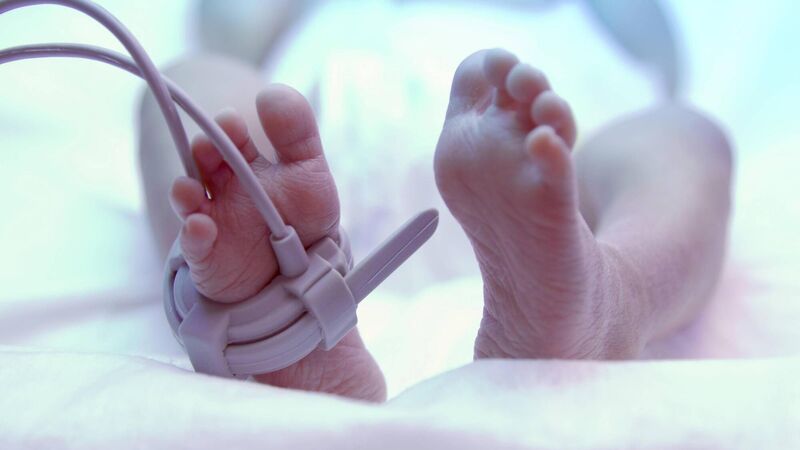Risk of learning difficulties can be predicted earlier in very premature babies — study

The researchers in Cork and Sweden were able to identify 93% of surviving very preterm (VPT) infants who would later screen positive for cognitive difficulties at 24 months.
New research has found that the risk of impaired cognition for babies who are born very preterm can be predicted before they have been discharged from hospital.
Children who are born before 32 weeks are at a high risk of having learning difficulties at school age but it is currently difficult to predict at an individual level who is most at risk. A new study conducted by researchers in Cork and Sweden has identified the most important risk factors for delayed cognitive development.












